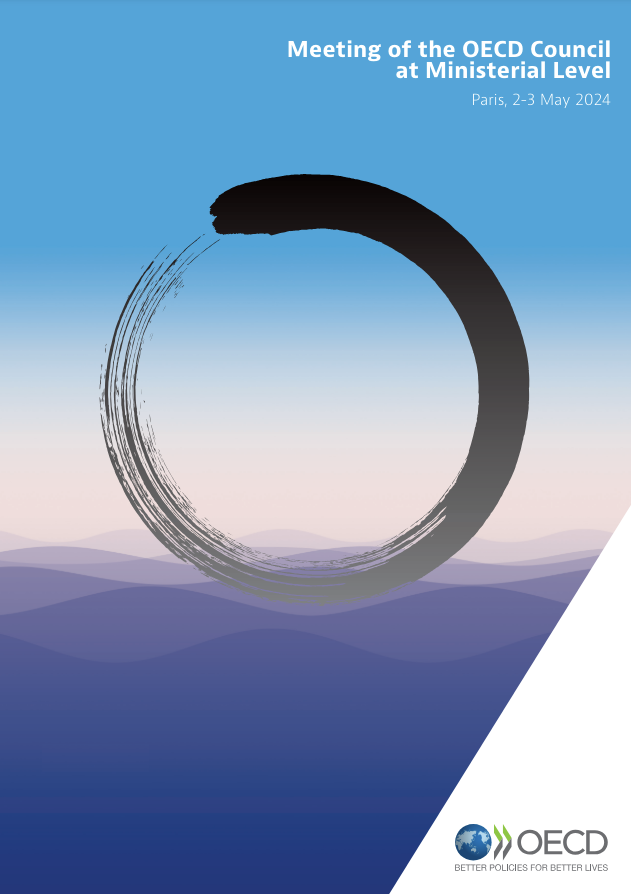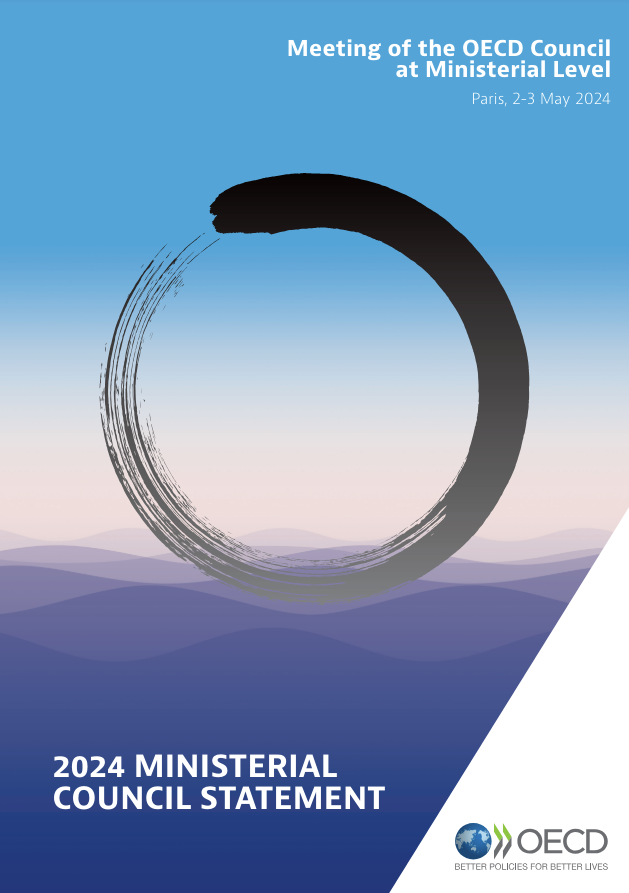
Improving education policies to better support teachers
The OECD addresses long working hours for teachers by looking at cross-country analysis for the Teaching and Learning International Survey (TALIS).
What's the issue?
On average across the OECD, teachers report spending 78% of classroom time on actual teaching and learning and 13% of classroom time on keeping order in the classroom. The two TALIS studies, which produced similar results, show the significantly longer working hours of teachers in Japan compared to other TALIS countries. The findings from TALIS have been a wakeup call for Japan to channel resources into reforming education policies. Teachers reported that their self-efficacy is dependent on the time they spend actively teaching. The average number of hours teachers spend working per week in junior high schools across TALIS countries is around 38.3 hours, meanwhile in Japan it is 56 hours at present, increasing from the 53.9 hours in TALIS 2013 results.
According to the OECD’s Education at a Glance, teachers in Japan are spending fewer hours actively teaching. Instead, teachers are focusing on duties outside of teaching: for example, extracurricular club activities take up 7.5 hours per week on average, compared to 1.9 hours a week in other TALIS countries. Other responsibilities include clerical work of around 5.6 hours per week in Japan compared to the 2.7 hours on average per week in other TALIS countries. The amount of actual classroom time is 18 hours per week, which is lower than the international average of 20.3 hours per week. These duties take time away from classroom teaching, which may influence the quality of education students receive. It may also affect teacher’s self-efficacy reports on their teaching ability.
How are we addressing it?
In 2013 and 2018, the OECD used the TALIS results to recommend policy pointers that support teachers in the use of effective teaching practices to maximise active learning time. Additionally, both studies examine the extent to which certain factors affect teacher's reports of self-efficacy. The survey intends to ensure countries’ awareness and use of effective measures and policy pointers. For example, promoting small-group instruction to optimise classroom time.
In Japan, the survey has been at the centre of increased discussion on teachers working extremely long hours. It plays a significant role in supporting the Ministry of Education, Culture, Sports, Science and Technology in their search for effective measures to ease the situation. An official at the ministry of education stated,
"We take the results very seriously. We want to continue implementing work-style reforms that allow teachers to concentrate on the roles only they can do."

What is the impact?
The TALIS results have raised awareness on the long working hours and have become the centre of teacher's work reforms by providing governments with current education policies in other TALIS countries. Early in the year, the Central Education Council submitted a report to the Minister of Education, Culture, Sports, Science and Technology aimed at reducing long work hours and mentioned key findings of the 2013 survey results. Following this report, the Ministry of Education (MEXT) set out a new guideline regulating working hours at Japanese public schools and sent it to all prefectural education committees in Japan, which limits overtime hours to below 45 hours per month.
Furthermore, TALIS results also provide extra support for unrelated class workload, for example a classroom assistant who takes care of clerical duties and document preparation. According to the Shimono Newspaper in Japan, the survey urged Oyama City’s (Tochigi Prefecture) board of education to introduce extracurricular activity instructors, who took on this workload, providing better quality education for students while helping teachers. The results have influenced the education sector of Japan to increase support for teachers and overcome these challenges.











